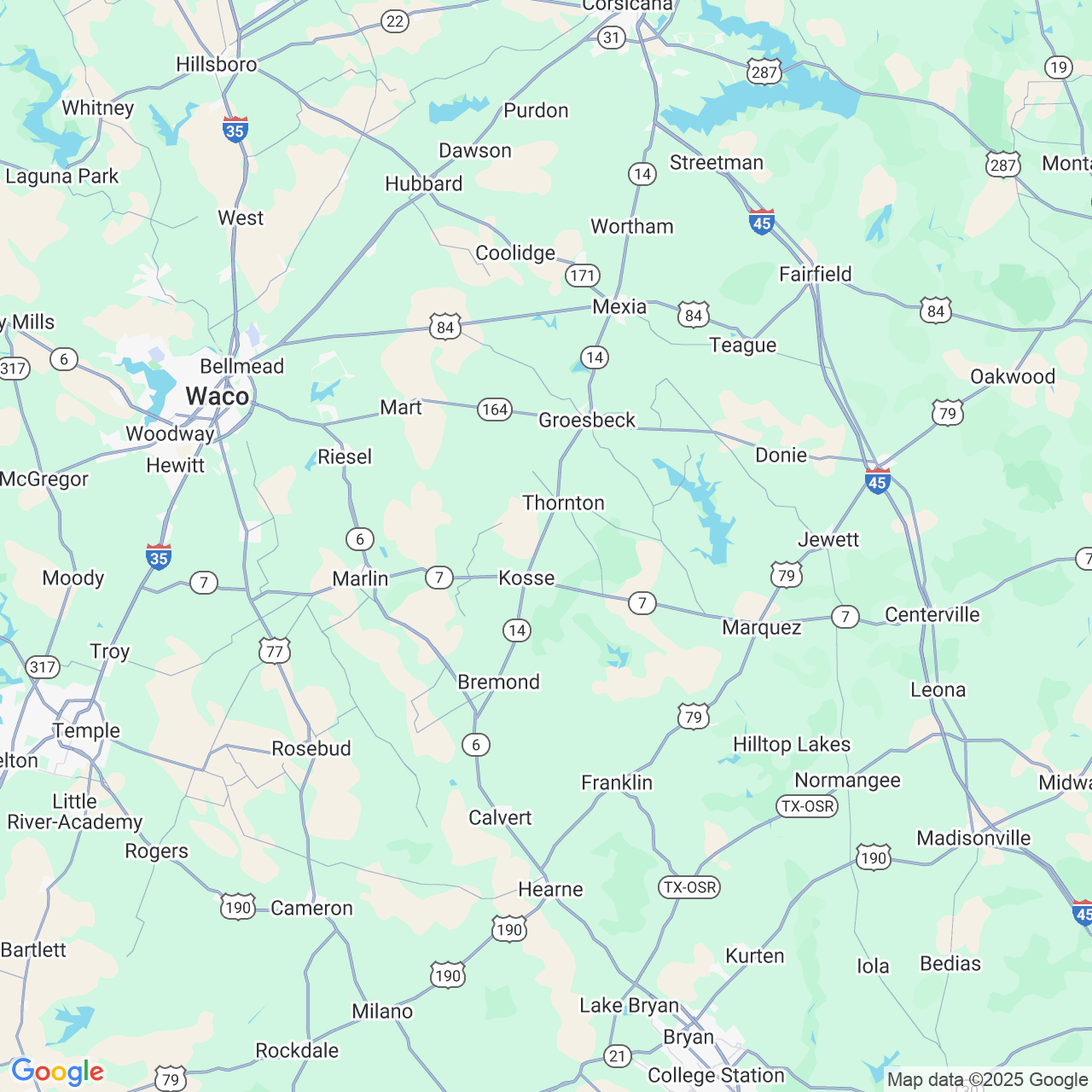Thinning hair is the result of a large variety of factors, many of which may not be readily apparent. While many men and women experience hair loss as a result of aging, some types of hair loss can occur at any age and without warning. At Arocha Hair Restoration and Transplant Center, Dr. Bernardino Arocha provides comprehensive hair loss services for patients struggling with thinning hair.
Diagnosing Your Thinning Hair
Diagnosing which type of alopecia you may have is the essential first step towards determining the best treatment approach. The term “alopecia” is normally associated with male pattern hair loss; alopecia areata is a rare hair loss condition. Other common and uncommon forms of
hair loss include androgenetic alopecia, traction alopecia and postpartum alopecia.
Alopecia Areata
If you have noticed the development of small or large bare patches on your scalp that have come on suddenly and without explanation, then you have likely developed alopecia areata. Alopecia areata is an autoimmune disease that forms when the body’s immune system mistakenly begins attacking hair follicles located on the scalp. Treatment for this specific and uncommon form of alopecia is difficult as the disease is not well-understood. Fortunately, most patients with alopecia areata see regrowth of their hair within a year of losing it.
Postpartum Alopecia
If you were recently pregnant and have been noticing thinning hair since giving birth, then you are likely experiencing postpartum alopecia. This common and natural condition is an expected side effect of pregnancy that all women go through to some extent. During pregnancy, the growing and resting phases of hair follicles are prolonged, meaning hair that would have naturally fallen out during the nine-month pregnancy remains attached. Once a woman gives birth, the body’s hormones rebalance and the excess hair that has remained throughout pregnancy begins to shed all at once.
Postpartum alopecia typically lasts about six months and does not normally require treatment of any kind.
Traction Alopecia
Traction alopecia is an uncommon form of hair loss caused by excessive tension on the scalp. If you wear your hair in tight braids and ponytails or have a tendency to tug and pull at your hair and have begun to notice hair loss, then you may be damaging the roots of your hair follicles. Most patients can cure their traction alopecia by simply adjusting their hairstyles and hair care routines. Once the excess tension on the scalp is relieved and patients switch to looser hairstyles, the hair will gradually grow back.
Androgenetic Alopecia
Androgenetic alopecia, the most common type of hair loss among men and women, is caused by the natural aging process. This type of hair loss is typically referred to as male or female pattern baldness and is characterized by a gradual loss of hair that begins during adulthood. If you have a family history of baldness and have noticed your hair start to thin as you age, then you likely are suffering from this all-too-common condition. While androgenetic alopecia is unfortunately not completely preventable, taking proactive steps in determining a comprehensive treatment plan can help hold hair loss at bay. An in-person consultation with a board-certified hair loss expert can determine which procedures or treatments can be used to keep your hairline thick and youthful for years to come.
Combatting Male and Female Pattern Baldness
If you have been diagnosed with androgenetic alopecia or suspect you may be one of the millions of people throughout the world suffering from this common affliction, then knowing your available options is key to successful treatment. In the world of modern hair restoration, patients have more options available to them than ever before. Among a variety of medications, nonsurgical treatments and hair transplant procedures, you can rest assured that your hair loss is treatable through the help of a qualified expert.
Hair Loss Medication
For patients who are experiencing the onset of baldness and are interested in proactive treatment, regular use of the FDA-approved medications Rogaine and Propecia can help fight the progression of hair loss. When used regularly, Rogaine and Propecia can keep follicles producing hair longer and even rejuvenate follicles that have already begun to stop producing hair. Most patients make great candidates for one or both medications and can immediately begin combatting their age-related hair loss.
Non-Surgical Hair Loss Treatments
If your hair loss has continued to progress despite the use of medication or you want to attack your hair loss from every angle, then nonsurgical medicated treatments are the answer. Through the use of advanced treatments, you can strengthen your hair restoration routine without resorting to surgery. Some therapies use the nutrients and growth factors found in your body to rejuvenate the scalp, while LLLT uses red-light to warm the scalp and increase blood flow to the follicles. Both procedures are safe and produce little to no side effects.
Hair Transplantation Surgery
If you no longer feel comfortable about the state of your hair and have experienced a loss of self-confidence due to a receding hairline or growing bald spot, then you may be a good candidate for hair transplantation surgery. While some people associate hair transplants with an unnatural appearance and obvious signs of surgery,
modern hair transplants are seamless, effective and completely natural. During the procedure, hair follicles from healthy areas of the scalp are harvested and transplanted into balding sections, ensuring results blend in with surrounding hair growth. Side effects, downtime and discomfort are minimized, while natural and satisfying results are maximized.
Arocha Hair Restoration and Transplant Center
At Arocha Hair Restoration and Transplant Center, we understand that hair loss of any kind can be debilitating and damaging to your outlook on life. If your hair has begun to thin,
schedule a consultation with Dr. Arocha to discuss your available treatment options and develop a personalized hair restoration plan. Call our offices today at 713-526-HAIR or
713-526-4247 to schedule your appointment and begin your journey to thicker, healthier hair.
Related to This



